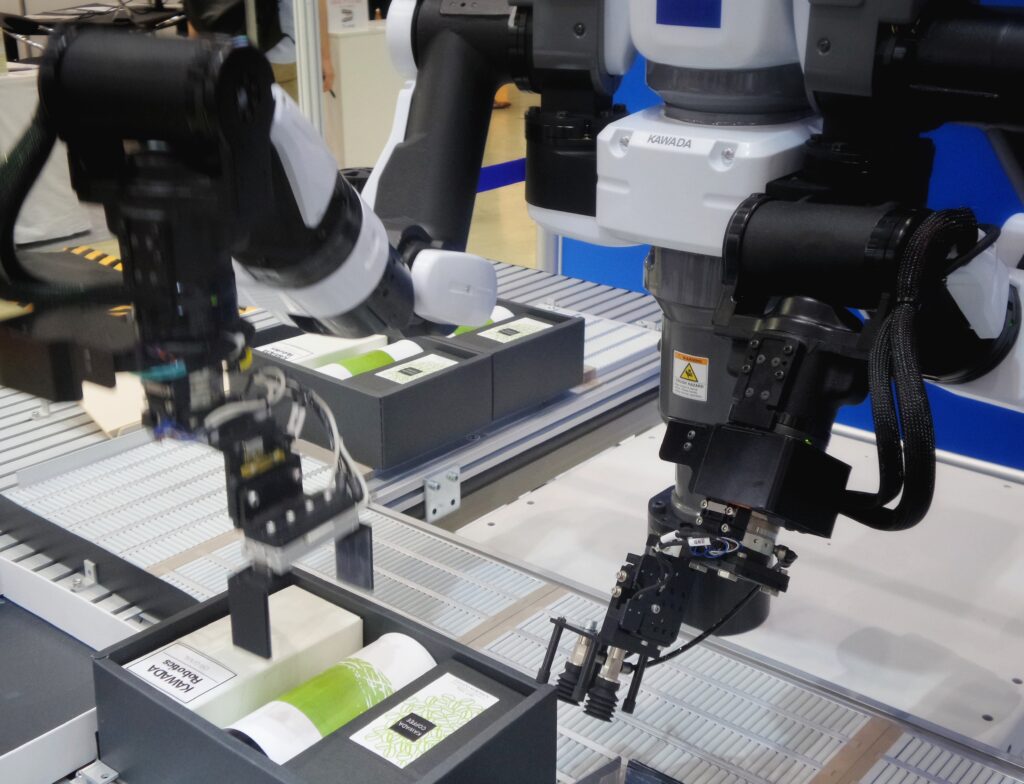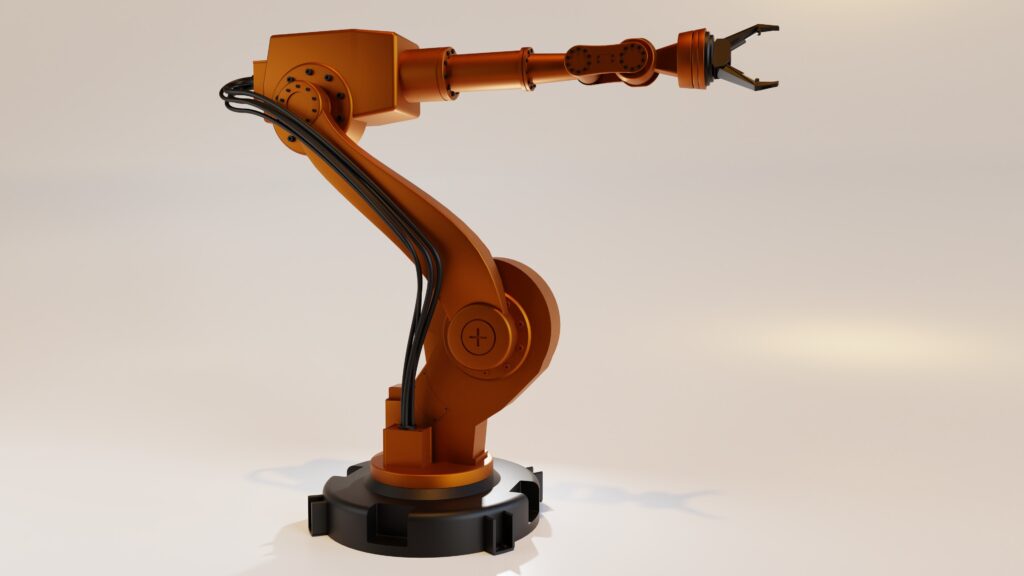The age of automation has ushered in a new era of efficiency and productivity, transforming industries and the way we work. Yet, amid the promises of increased efficiency and cost savings, there are profound ethical considerations that cannot be ignored. One of the most pressing ethical dilemmas of our time revolves around automation’s impact on employment and job displacement. In this article, we delve into the ethical implications surrounding the rise of automation and the responsibilities of businesses and governments in addressing these challenges.
The Automation Revolution: A Double-Edged Sword

Automation, driven by advancements in robotics, artificial intelligence, and machine learning, has brought about numerous benefits. It has improved production processes, enhanced precision, and reduced operational costs. However, this technological shift is not without its ethical complexities.
The impact of automation on employment is a complex issue. While it can lead to job displacement in certain sectors, it’s important to acknowledge that automation also creates new opportunities and job roles. Many argue that automation should be seen as a tool to augment human capabilities rather than solely as a replacement. By focusing on reskilling and upskilling the workforce to adapt to the evolving job landscape, we can harness the positive aspects of automation while mitigating its potential negative consequences.
The Human Cost of Automation

Job Displacement and Economic Inequality
As machines and algorithms take over routine tasks, some argue that automation can lead to job displacement, particularly in sectors reliant on manual labor. This raises questions about the ethical responsibility of businesses to retrain and reskill affected employees. Job displacement can contribute to economic inequality, as those who lose their jobs may struggle to find new opportunities in a rapidly changing job market.
The Responsibility of Businesses
Supporting Affected Workers
Businesses that embrace automation must take a proactive role in addressing its ethical implications. This includes investing in workforce development programs and providing resources for employees to acquire new skills. Supporting affected workers during the transition can mitigate the negative impact of job displacement.
Government Policies and Regulations

Balancing Innovation and Social Impact
Governments also play a vital role in addressing automation’s ethical challenges. Policymakers must strike a delicate balance between fostering innovation and safeguarding social well-being. Implementing policies that promote job creation, lifelong learning, and safety nets for displaced workers is essential.
Ethical Considerations in AI and Robotics
Accountability and Transparency
In the realm of artificial intelligence and robotics, ethical considerations extend beyond employment. Developers and organizations must ensure transparency and accountability in AI decision-making processes. Avoiding bias, protecting privacy, and maintaining data security are ethical imperatives.
The Future of Work: Collaboration between Humans and Machines

Augmented Intelligence
Instead of viewing automation as a threat, some experts propose a future of “augmented intelligence.” In this scenario, humans and machines collaborate, with automation handling repetitive tasks and data analysis, while humans focus on creativity, problem-solving, and interpersonal skills.
Conclusion: Navigating Ethical Challenges in an Automated World
Automation is here to stay, and its ethical implications are intricately woven into our technological landscape. It is incumbent upon businesses, governments, and society as a whole to navigate these challenges with foresight and compassion. By prioritizing workforce development, ethical AI and robotics practices, and equitable policies, we can ensure that automation benefits all members of society, rather than leaving some behind in its wake. In the end, it is not just the efficiency of automation that matters, but also the ethical foundation upon which it stands.
FAQs
1. Is automation directly responsible for job displacement, and if so, which industries are most affected?
- Automation can lead to job displacement in industries that rely heavily on routine, repetitive tasks. Industries like manufacturing, retail, and customer service have experienced significant impacts.
2. What ethical responsibilities do businesses have when implementing automation technologies that may lead to job loss?
- Businesses should take responsibility for retraining and reskilling affected employees, offering support during the transition, and exploring opportunities for redeployment within the organization.
3. How can governments and policymakers address the ethical challenges of automation and job displacement?
- Governments can implement policies that encourage job creation, promote lifelong learning, and establish safety nets for displaced workers. Striking a balance between innovation and social impact is crucial.
4. Are there ethical concerns beyond job displacement when it comes to AI and robotics in automation?
- Yes, ethical concerns in AI and robotics encompass bias in algorithms, data privacy, and accountability in automated decision-making processes. Ensuring transparency and fairness is essential.
5. What is the concept of “augmented intelligence,” and how can it mitigate the ethical challenges of automation?
- Augmented intelligence refers to a collaborative approach where humans and machines work together. It can mitigate ethical challenges by allowing automation to handle repetitive tasks while humans focus on creativity and problem-solving, creating a symbiotic relationship between humans and machines.

